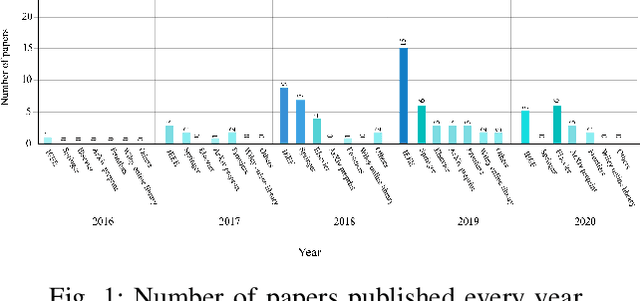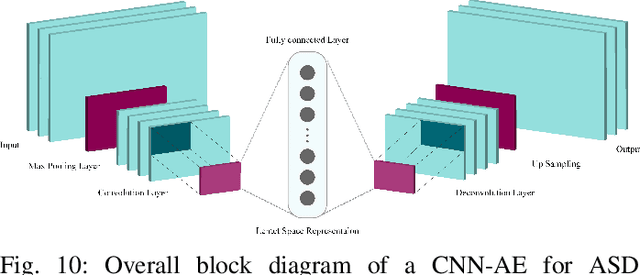Deep Learning for Neuroimaging-based Diagnosis and Rehabilitation of Autism Spectrum Disorder: A Review
Paper and Code
Jul 11, 2020



Accurate diagnosis of Autism Spectrum Disorder (ASD) is essential for its management and rehabilitation. Neuroimaging techniques that are non-invasive are disease markers and may be leveraged to aid ASD diagnosis. Structural and functional neuroimaging techniques provide physicians substantial information about the structure (anatomy and structural connectivity) and function (activity and functional connectivity) of the brain. Due to the intricate structure and function of the brain, diagnosing ASD with neuroimaging data without exploiting artificial intelligence (AI) techniques is extremely challenging. AI techniques comprise traditional machine learning (ML) approaches and deep learning (DL) techniques. Conventional ML methods employ various feature extraction and classification techniques, but in DL, the process of feature extraction and classification is accomplished intelligently and integrally. In this paper, studies conducted with the aid of DL networks to distinguish ASD were investigated. Rehabilitation tools provided by supporting ASD patients utilizing DL networks were also assessed. Finally, we presented important challenges in this automated detection and rehabilitation of ASD.
 Add to Chrome
Add to Chrome Add to Firefox
Add to Firefox Add to Edge
Add to Edge